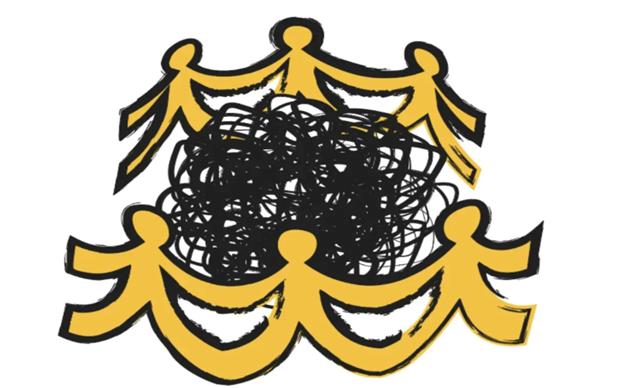From Inner Change To Systemic Change
“Be the change you want to see in the world!” is the familiar counsel of great social movements. The advice echoes the lyric from the great African-American song, “This little light of mine, I’m gonna let it shine!”
But how, exactly, might our inner epiphanies and transformations catalyze systemic change? We may individually develop new insights and values from wisdom traditions and contemplative practice, but how might they radiate out into something larger, collective, and consequential?
At this particular moment in modern civilization, as societies grapple with climate change, savage inequalities, and authoritarian rule, the pathways for bringing about change seem terribly murky.








